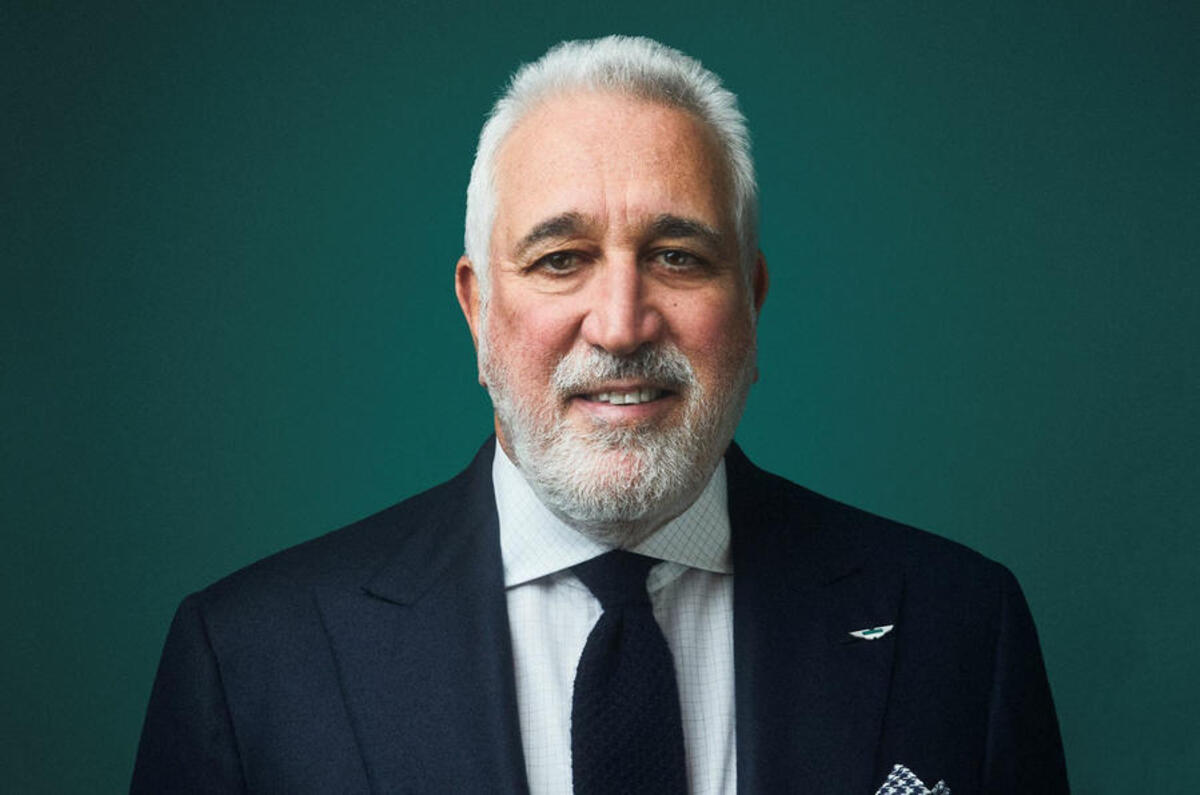An audience with Aston Martin executive chairman Lawrence Stroll is always a memorable occasion.
Most will know the Canadian from Netflix’s Drive to Survive series, in which he's straight-talking and has a fearsome presence, often wearing the look of a man who you’ve just told you’ve run over his cat. In person, he’s far warmer; he sparks a room into life and always remains at the centre of it.




Add your comment